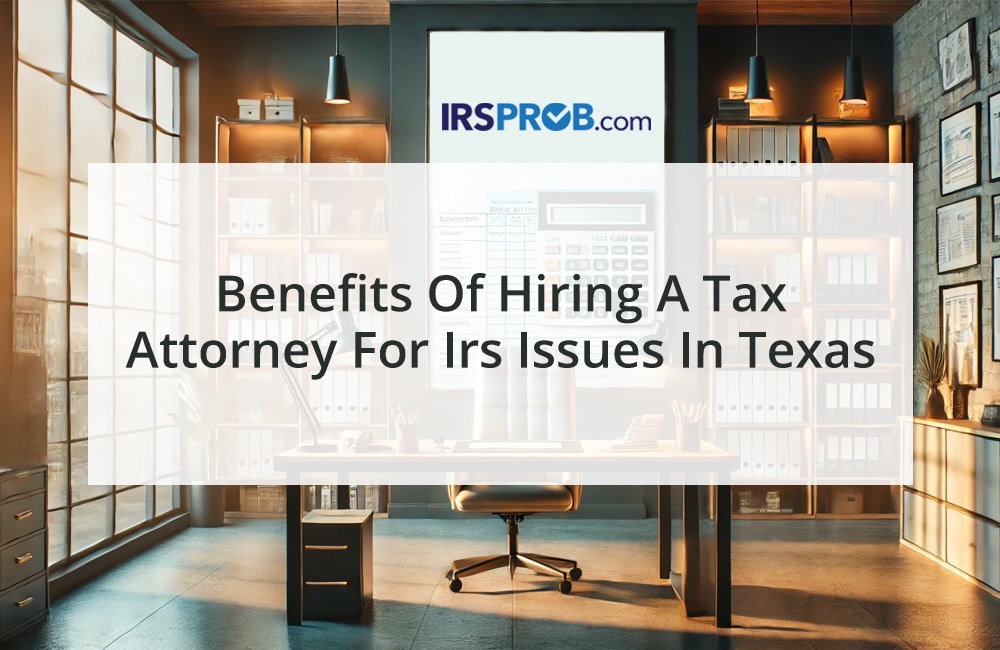
Estate planning is a critical aspect of financial management that often gets overlooked by business owners. While the day-to-day operations of running a business may seem like the most pressing concern, failing to plan for the inevitable can lead to significant complications, especially when it comes to the transfer of assets after death. Understanding the probate process and how to avoid it can save your loved ones from unnecessary stress and financial burden. Here’s what you need to know.
Understanding Probate and Its Implications
Probate is the legal process that occurs after someone passes away, involving the validation of their will (if they have one), inventorying their assets, paying debts and taxes, and distributing the remaining assets to beneficiaries. This process is typically court-supervised and can be lengthy, costly, and public, which is why many seek to avoid it.
For business owners, probate can be particularly problematic. If the majority of your assets are tied up in your business, the probate process could significantly impact the operation of your business during this time. Additionally, probate can lead to delays in the transfer of ownership and potentially diminish the value of your business if assets are sold off to cover debts or taxes.
Why Having a Will Is Not Enough
While having a will is essential, it’s important to understand that not all of your assets will necessarily pass through probate. Assets held in joint tenancy, those with designated beneficiaries (such as life insurance policies, IRAs, and POD/TOD accounts), or those placed in a trust, generally bypass probate and go directly to the beneficiaries.
This distinction is crucial for business owners who may want to ensure a smooth transition of their business assets without the delays and costs associated with probate. For instance, placing your business or business assets in a trust can allow for the immediate transfer of those assets to your heirs, without the need for court intervention.
Estate Planning Strategies to Avoid Probate
Here are some strategies to consider to ensure that your business and other assets pass smoothly to your beneficiaries without the need for probate:
- Establish a Revocable Living Trust: A revocable living trust allows you to place your assets into a trust while maintaining control over them during your lifetime. Upon your death, the trust becomes irrevocable, and the assets are transferred to the beneficiaries without going through probate.
- Designate Beneficiaries: For assets like retirement accounts, life insurance policies, and bank accounts, make sure to designate beneficiaries. This ensures that these assets pass directly to the named individuals, bypassing probate entirely.
- Joint Ownership: Holding property as joint tenants with the right of survivorship means that upon your death, ownership passes directly to the surviving owner(s), avoiding probate.
- Pay-On-Death (POD) and Transfer-On-Death (TOD) Accounts: These designations can be added to bank accounts and securities, respectively, allowing them to pass directly to the beneficiaries without probate.
The Importance of Regularly Updating Your Estate Plan
An outdated estate plan can be almost as problematic as having no plan at all. It’s important to regularly review and update your estate plan to reflect any changes in your life, such as marriage, divorce, the birth of a child, or significant changes in your business or financial situation.
Failing to update your estate plan could result in unintended beneficiaries or complications in the distribution of your assets. For example, if you designate a beneficiary who predeceases you and do not update your plan, that portion of your estate could be subject to probate.
Conclusion
Estate planning is an essential, though often overlooked, aspect of running a successful business. By taking proactive steps to plan for the transfer of your assets, you can ensure that your business continues to operate smoothly and that your loved ones are taken care of without the added burden of probate.
Whether you’re just starting to think about your estate plan or need to make updates, it’s advisable to work with a qualified estate planning attorney or tax advisor who can guide you through the process and help you make the best decisions for your business and your family.
Take action today to avoid the probate pitfalls that can create headaches for your loved ones tomorrow. Your foresight and planning can make all the difference in preserving the legacy you’ve worked so hard to build.








